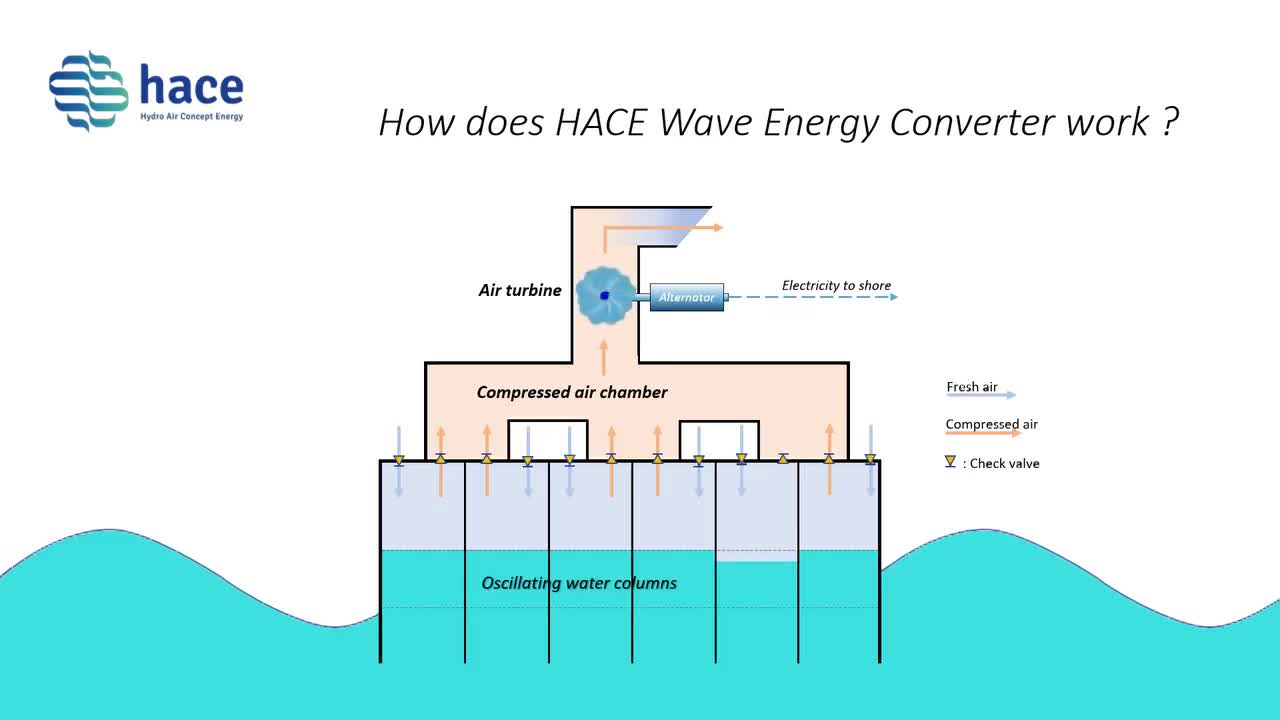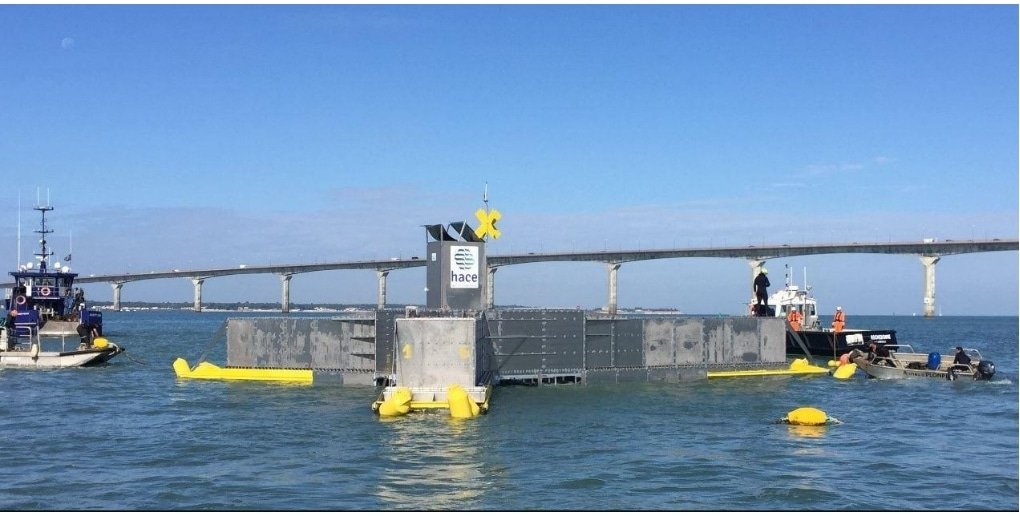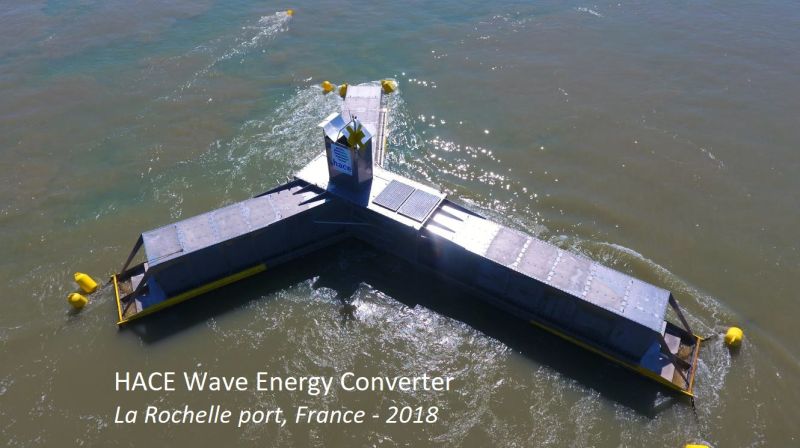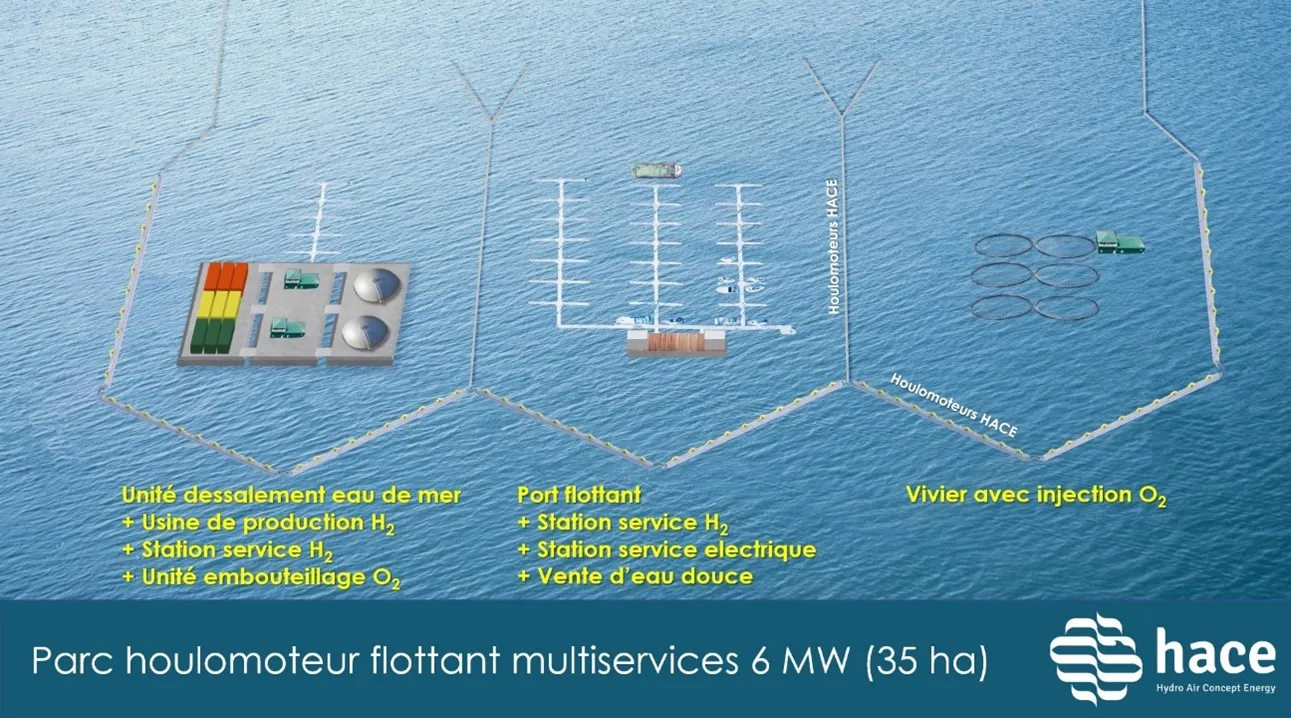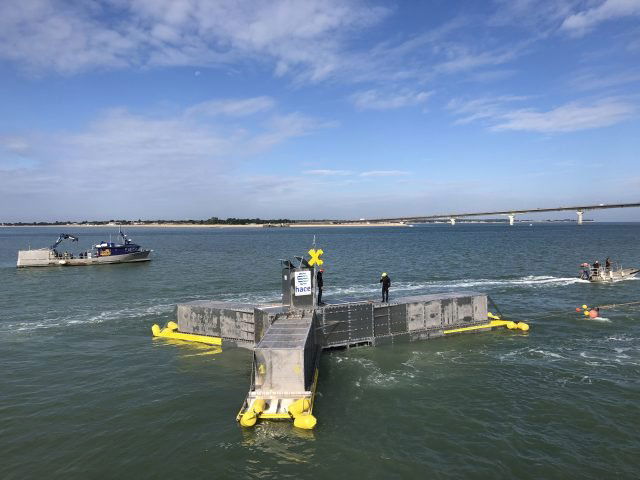New Title
TAKE ACTION NOW
DON'T WAIT ANY LONGER
HACEOSLAR
HACEOSLAR MALDIVES
Innovative Solutions for a Sustainable Tomorrow
Company Overview
HACEOSLAR Maldives is a pioneering company dedicated to delivering cutting-edge wave energy, desalination, and coastal protection solutions. Our mission is to harness the power of nature to drive a sustainable, carbon-free future for the Maldives and beyond. By partnering with HACE (Hydro Air Concept Energy), a leading French company, we bring revolutionary wave energy technology that transforms ocean waves—even as small as 5 cm—into reliable, carbon-free electricity.
Through this collaboration, HACEOSLAR Maldives is reshaping the future of renewable energy, water security, and climate resilience in island nations.
Awards
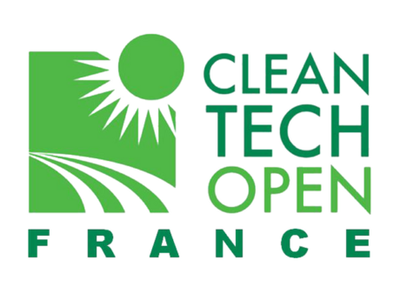




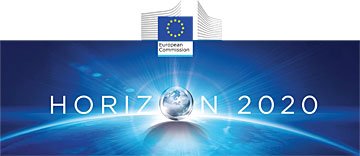
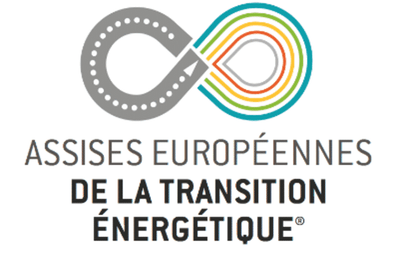
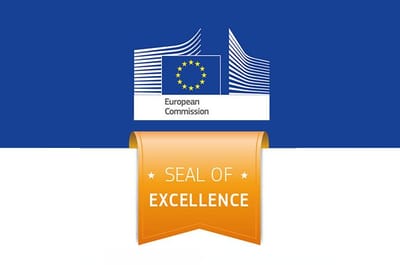


ABOUT
MISSION: To revolutionize the energy sector with sustainable, ocean-based solutions that support energy independence, water security, and environmental conservation.
VISION: To establish the Maldives as a global leader in wave energy, ensuring a future where every island thrives on clean power, fresh water, and protected coastlines.
VISION: To establish the Maldives as a global leader in wave energy, ensuring a future where every island thrives on clean power, fresh water, and protected coastlines.
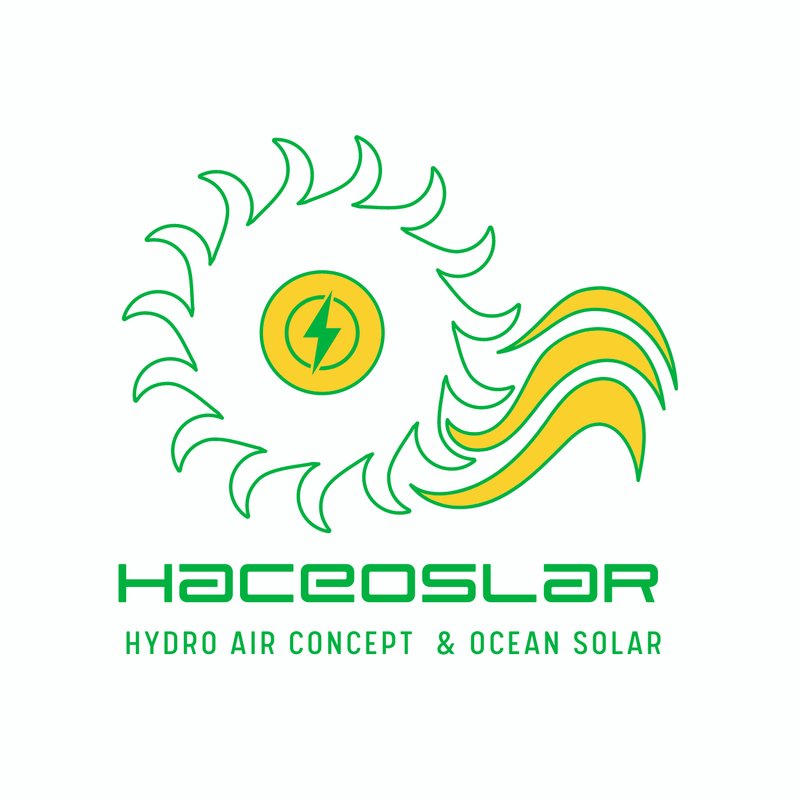
Strategic Partnership:
HACE & HACEOSLAR Maldives
HACE & HACEOSLAR Maldives
Our success is built on global expertise and local innovation.
✔ HACE (France): Provides world-class wave energy technology and research.
✔ HACEOSLAR Maldives: Manages local operations, project implementation, and community engagement.Together, we power the Maldives with waves, ensuring a cleaner and more resilient future.
✔ HACE (France): Provides world-class wave energy technology and research.
✔ HACEOSLAR Maldives: Manages local operations, project implementation, and community engagement.Together, we power the Maldives with waves, ensuring a cleaner and more resilient future.
Core Solutions
Wave Energy – A Game-Changer for Renewable Power
Our Hydro Air Concept (HACE) technology produces non-stop, carbon-free electricity from ocean waves, ensuring:
✔ 24/7 power generation, even in low-wave conditions (5 cm).
✔ A cost-effective alternative to fossil fuels and traditional renewables.
✔ Reliable energy that naturally aligns with peak consumption hours.
Our Hydro Air Concept (HACE) technology produces non-stop, carbon-free electricity from ocean waves, ensuring:
✔ 24/7 power generation, even in low-wave conditions (5 cm).
✔ A cost-effective alternative to fossil fuels and traditional renewables.
✔ Reliable energy that naturally aligns with peak consumption hours.
Seawater Desalination
Fresh Water for a Sustainable Future
By integrating wave energy
with desalination technology, HACEOSLAR provides:
✔ Up to 6 million liters/day of clean drinking water per MW of power.
✔ A sustainable solution for remote islands facing freshwater shortages.
✔ Low-cost, energy-efficient desalination for long-term water security.
By integrating wave energy
with desalination technology, HACEOSLAR provides:
✔ Up to 6 million liters/day of clean drinking water per MW of power.
✔ A sustainable solution for remote islands facing freshwater shortages.
✔ Low-cost, energy-efficient desalination for long-term water security.
Green Hydrogen & eFuels
The Future of Clean Mobility
HACEOSLAR supports the global shift toward green hydrogen and carbon-neutral fuels, enabling:
✔ Affordable hydrogen production (< €1/kg H₂).
✔ Sustainable fuels for aviation, shipping, and transport.
✔ Low-emission ammonia production, revolutionizing agriculture.
HACEOSLAR supports the global shift toward green hydrogen and carbon-neutral fuels, enabling:
✔ Affordable hydrogen production (< €1/kg H₂).
✔ Sustainable fuels for aviation, shipping, and transport.
✔ Low-emission ammonia production, revolutionizing agriculture.
Coastal Protection
Safeguarding the Maldives
The Maldives faces severe coastal erosion due to climate change. Our solutions:
✔ Reinforce natural shorelines with wave energy-powered structures.
✔ Protect ecosystems and biodiversity while maintaining tourism appeal.
✔ Reduce dependence on artificial land reclamation, which harms marine life.
The Maldives faces severe coastal erosion due to climate change. Our solutions:
✔ Reinforce natural shorelines with wave energy-powered structures.
✔ Protect ecosystems and biodiversity while maintaining tourism appeal.
✔ Reduce dependence on artificial land reclamation, which harms marine life.
Why Choose HACEOSLAR Maldives?
Cutting-Edge Technology – Leveraging advanced wave energy innovation for maximum efficiency.
Sustainability First – Reducing carbon emissions, conserving water, and protecting coastlines.
Energy Independence – Offering affordable, reliable power without fossil fuel dependence.
Community Impact – Empowering local economies while preserving the Maldives' natural beauty.
Sustainability First – Reducing carbon emissions, conserving water, and protecting coastlines.
Energy Independence – Offering affordable, reliable power without fossil fuel dependence.
Community Impact – Empowering local economies while preserving the Maldives' natural beauty.
Partners








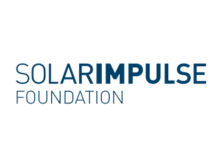


TAKE ACTION NOW
DON'T WAIT ANY LONGER
Contact
- Malé, Kaafu Atoll, Maldives
- 20255, Male' carnation Golhi
- +960-3326513 - Manager
- secretary@haceoslarmaldives.com
- 0900-1700 Mon-Sun
TAKE ACTION NOW
DON'T WAIT ANY LONGER
